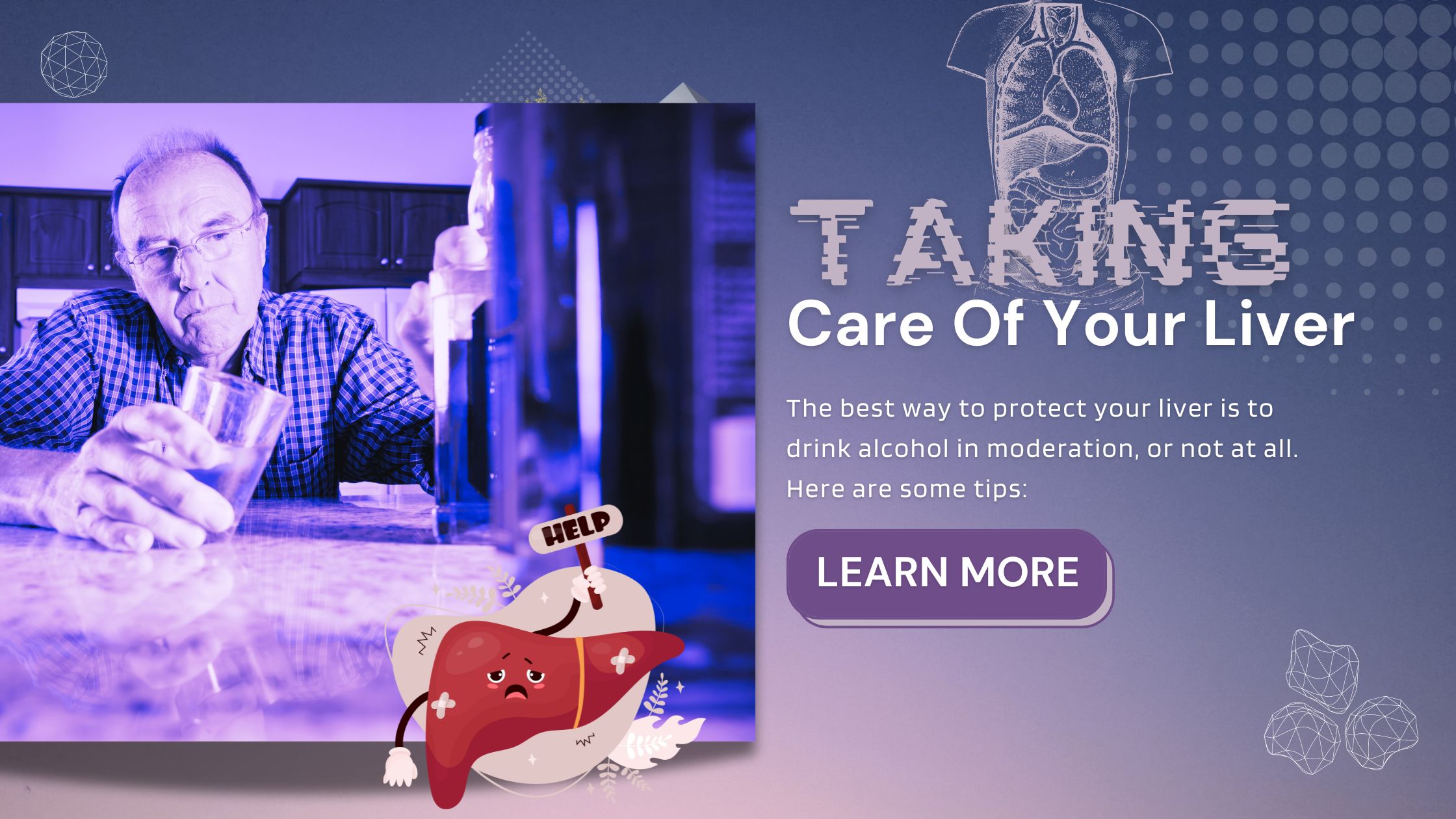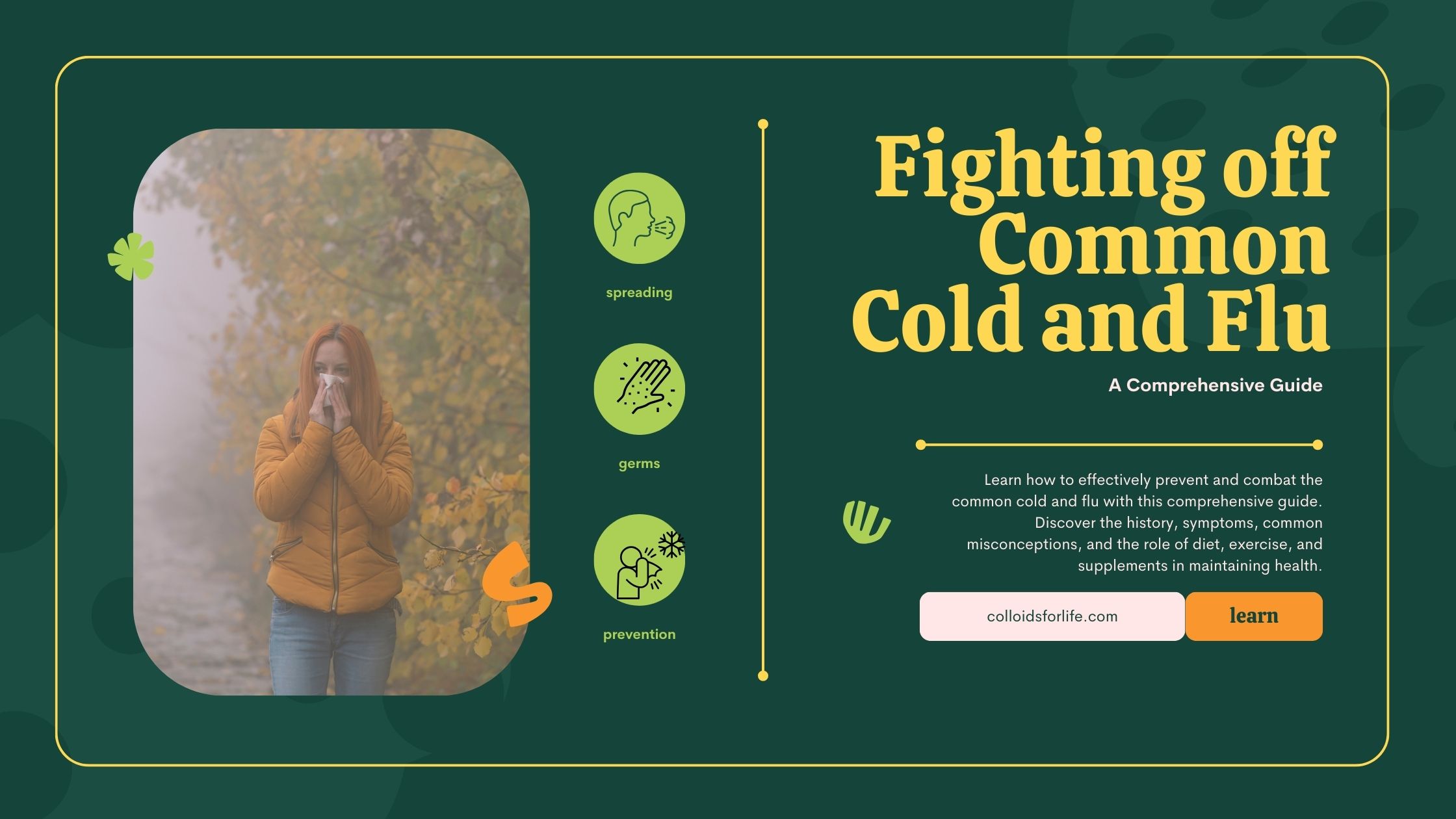
The holiday season is a time for celebration, parties, and indulging in delicious homemade goodies. However, with all the festivities, it's easy to forget about the toll that excessive alcohol consumption can take on your liver. Whether you're attending office parties, neighborhood gatherings, or New Year's Eve celebrations, it's important to be mindful of your liver health. This guide will help you understand the impact of alcohol on your liver, common misconceptions, symptoms of liver damage, and steps you can take to protect this vital organ.
Why Alcohol Affects the Liver
The Science Behind the Liver
The liver is one of the most vital organs in the human body. It performs over 500 essential functions, including detoxification, protein synthesis, and the production of biochemicals necessary for digestion. The liver is also responsible for metabolizing alcohol, which is where the problems start when drinking excessively.
Alcohol Metabolism
When you consume alcohol, it is absorbed into your bloodstream and transported to your liver. Here’s how alcohol is processed:
- Alcohol Dehydrogenase (ADH): This enzyme breaks down alcohol into acetaldehyde, a toxic substance with a chemical structure similar to formaldehyde.
- Acetaldehyde Dehydrogenase (ALDH): This enzyme converts acetaldehyde into acetic acid (vinegar when diluted), which is less harmful and can be broken down further for energy.
Most people can metabolize about one drink per hour. However, acetaldehyde is highly toxic, and its buildup can cause significant harm to your liver and other organs. Some individuals have genetic variations that result in less effective ALDH, making them more susceptible to the effects of acetaldehyde.
The Impact of Alcohol on Your Liver
Understanding Blood Alcohol Content (BAC)
Blood Alcohol Content (BAC) is a measure of the concentration of alcohol in your bloodstream. For most people, a BAC of about 0.04% results in a "light buzz," which is often the amount that people enjoy during social drinking. However, as BAC increases, so do the negative effects on your body. Higher BAC levels can lead to nausea, impaired judgment, and damage to various organs, particularly the liver.
How Alcohol is Processed in the Body
When you consume alcohol, it is metabolized in the liver. Here’s a breakdown of the process:
- Alcohol Dehydrogenase (ADH): This enzyme breaks down alcohol into acetaldehyde, a toxic substance with a chemical structure similar to formaldehyde.
- Acetaldehyde Dehydrogenase (ALDH): This enzyme converts acetaldehyde into acetic acid (vinegar when diluted), which is less harmful and can be broken down further for energy.
Most people can metabolize about one drink per hour. However, acetaldehyde is highly toxic, and its buildup can cause significant harm to your liver and other organs. Some individuals have genetic variations that result in less effective ALDH, making them more susceptible to the effects of acetaldehyde.
What Alcohol Does to the Liver While Drinking
Short-Term Effects
- Dehydration: Alcohol is a diuretic and can lead to dehydration.
- Immune Suppression: Alcohol can weaken the immune system, making you more susceptible to infections.
- Fatty Liver: Even short-term binge drinking can cause fat to accumulate in liver cells.
Long-Term Effects
- Fatty Liver Disease: Accumulation of fat in liver cells.
- Alcoholic Hepatitis: Inflammation of the liver.
- Cirrhosis: Severe scarring and permanent damage to liver tissue.
- Liver Cancer: Alcohol is estimated to be responsible for 32-45% of hepatic liver cancers.
- Heart, Nervous System, and Digestive Damage: Prolonged alcohol abuse affects multiple body systems.
How Much Consumption Before Damage Occurs?
The threshold for liver damage varies among individuals, but here are some general guidelines:
- Moderate Drinking: Up to one drink per day for women and up to two drinks per day for men.
- Heavy Drinking: More than eight drinks per week for women and more than 15 drinks per week for men.
- Binge Drinking: Consuming four or more drinks (women) or five or more drinks (men) in about two hours.
Symptoms of Liver Damage
-
Early Symptoms:
- Fatigue
- Jaundice (yellowing of the skin and eyes)
- Nausea
- Vomiting
- Loss of appetite
- Mild abdominal pain
-
Advanced Symptoms:
- Severe abdominal pain and swelling
- Swelling in the legs and ankles
- Dark urine
- Pale stool
- Chronic fatigue
- Mental confusion (hepatic encephalopathy)
Other Liver Issues to Be Aware Of
Non-Alcoholic Fatty Liver Disease (NAFLD)
NAFLD is the accumulation of fat in the liver of people who drink little or no alcohol. It's common and often has no symptoms but can lead to liver damage if not managed properly.
Hepatitis
Hepatitis is an inflammation of the liver, usually caused by viral infections. Hepatitis B and C can lead to chronic liver disease and are major risk factors for liver cancer.
Hemochromatosis
This is a genetic disorder where the body absorbs too much iron from food, which can accumulate in the liver and cause damage.
Autoimmune Liver Diseases
Conditions like autoimmune hepatitis, primary biliary cholangitis, and primary sclerosing cholangitis involve the immune system attacking liver cells, leading to inflammation and damage.
The Role of Supplements
Do Supplements Help?
Supplements can support liver health, but they are not a cure-all. Here are some that may help:
- Milk Thistle: Contains silymarin, which has antioxidant and anti-inflammatory properties.
- N-Acetyl Cysteine (NAC): Boosts glutathione levels, a powerful antioxidant in the liver.
- Alpha Lipoic Acid: An antioxidant that can help regenerate other antioxidants.
- Vitamin E and C: Protect liver cells from oxidative damage.
Our Recommendations
- Liver MGR: Contains antioxidants that are specifically targeted toward protecting the liver from toxins, poor diet, and free radicals.
- Immune PWRx: Helps boost your immune system, which can be suppressed by alcohol consumption.
- Liver CLNz Pack: A seven-day, two-phase detoxification process that helps clear out toxins and optimize liver function.
- Liver DTX: Provides ongoing support for detoxification and nutritional support for the body’s filtration systems.
When to Worry
Short-Term Effects
- Mild to severe intoxication: Depending on the amount consumed.
- Dehydration: Alcohol is a diuretic and can lead to dehydration.
- Immune Suppression: Alcohol can weaken the immune system, making you more susceptible to infections.
Long-Term Effects
- Fatty Liver Disease: Accumulation of fat in liver cells.
- Alcoholic Hepatitis: Inflammation of the liver.
- Cirrhosis: Severe scarring and permanent damage to liver tissue.
- Hepatic Liver Cancer: Alcohol is estimated to be responsible for 32-45% of liver cancers.
- Heart, Nervous System, and Digestive Damage: Prolonged alcohol abuse affects multiple body systems.
Warning Signs to Look For
- Persistent fatigue
- Jaundice
- Severe abdominal pain or swelling
- Persistent nausea or vomiting
- Dark urine and pale stools
- Swelling in the legs and ankles
- Confusion or difficulty concentrating
Protecting Your Liver
Drinking in Moderation
The best way to protect your liver is to drink alcohol in moderation, or not at all. Here are some tips:
- Know your limits: Stick to the recommended guidelines for alcohol consumption.
- Pace yourself: Avoid binge drinking and spread your drinks over time.
- Stay hydrated: Drink water between alcoholic beverages to stay hydrated.
When to See a Doctor
If you experience any of the above warning signs or if you have a history of heavy drinking, it's important to consult a healthcare professional for a proper diagnosis and treatment plan.
Studies on Alcohol Consumption and Liver Health
Study 1: The Lancet (2018)
A comprehensive study published in The Lancet found that even moderate drinking can increase the risk of liver disease and other health issues. The study emphasized that there is no safe level of alcohol consumption when it comes to liver health.
Study 2: Journal of Hepatology (2017)
Research published in the Journal of Hepatology highlighted that regular heavy drinking significantly increases the risk of cirrhosis. The study also found that women are more susceptible to alcohol-related liver damage than men.
Study 3: Clinical Gastroenterology and Hepatology (2016)
This study found that lifestyle changes, including reduced alcohol consumption and dietary modifications, can help reverse early-stage liver damage. However, advanced stages like cirrhosis are irreversible and require medical intervention.
Myths and Facts
Myth: Only Heavy Drinkers Get Liver Disease
Fact: While heavy drinking increases the risk, even moderate drinking can lead to liver damage, especially in individuals with genetic predispositions or pre-existing conditions.
Myth: Liver Damage is Always Reversible
Fact: Early-stage liver damage, such as fatty liver disease, can be reversible with lifestyle changes and cessation of alcohol consumption. However, advanced stages like cirrhosis are irreversible and require medical intervention.
Myth: Drinking Coffee Can Prevent Liver Damage
Fact: Some studies suggest that coffee may have protective effects on the liver. However, it should not be relied upon as a sole preventative measure. A healthy lifestyle and moderation in alcohol consumption are more effective.
Diet and Lifestyle Changes
- Eat a Balanced Diet: Include plenty of fruits, vegetables, whole grains, and lean proteins in your diet.
- Exercise Regularly: Physical activity helps improve overall health and supports liver function.
- Avoid Smoking: Smoking increases the risk of liver disease.
- Limit Exposure to Environmental Toxins: Be mindful of chemicals in cleaning products, pesticides, and other household items.
Key Takeaways
- Moderation is Key: Drinking alcohol in moderation or not at all is crucial for maintaining liver health.
- Support with Supplements: Supplements like Liver MGR, Immune PWRx, Liver CLNz Pack, and Liver DTX can help protect and detoxify the liver.
- Healthy Lifestyle Choices: A balanced diet, regular exercise, and avoiding smoking and environmental toxins contribute significantly to liver health.
- Early Detection: Being aware of the symptoms of liver damage and seeking medical advice early can prevent further complications.
Your liver is vital in screening out toxins and maintaining overall health. By drinking in moderation, supporting your liver with targeted supplements, and adopting a healthy lifestyle, you can protect this crucial organ from the damaging effects of alcohol and other toxins. Remember, your liver works hard to keep you healthy—return the favor by taking care of it.





.jpg)








